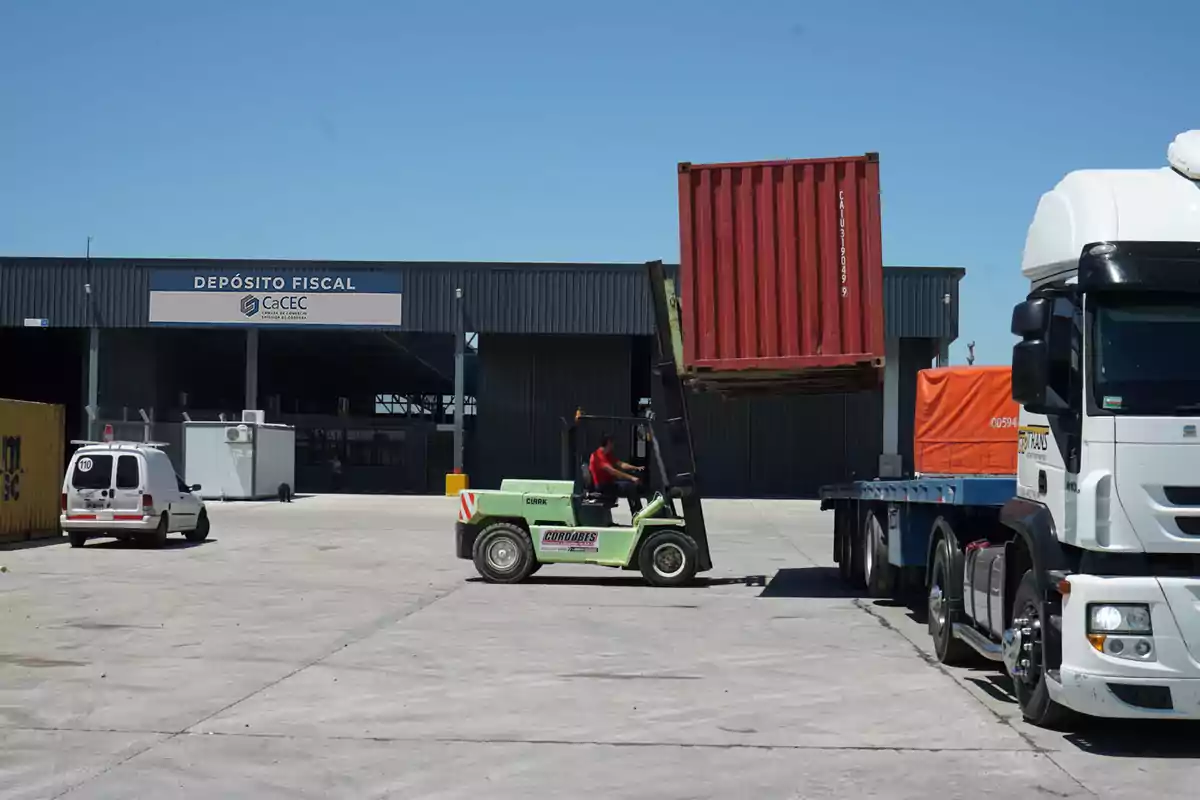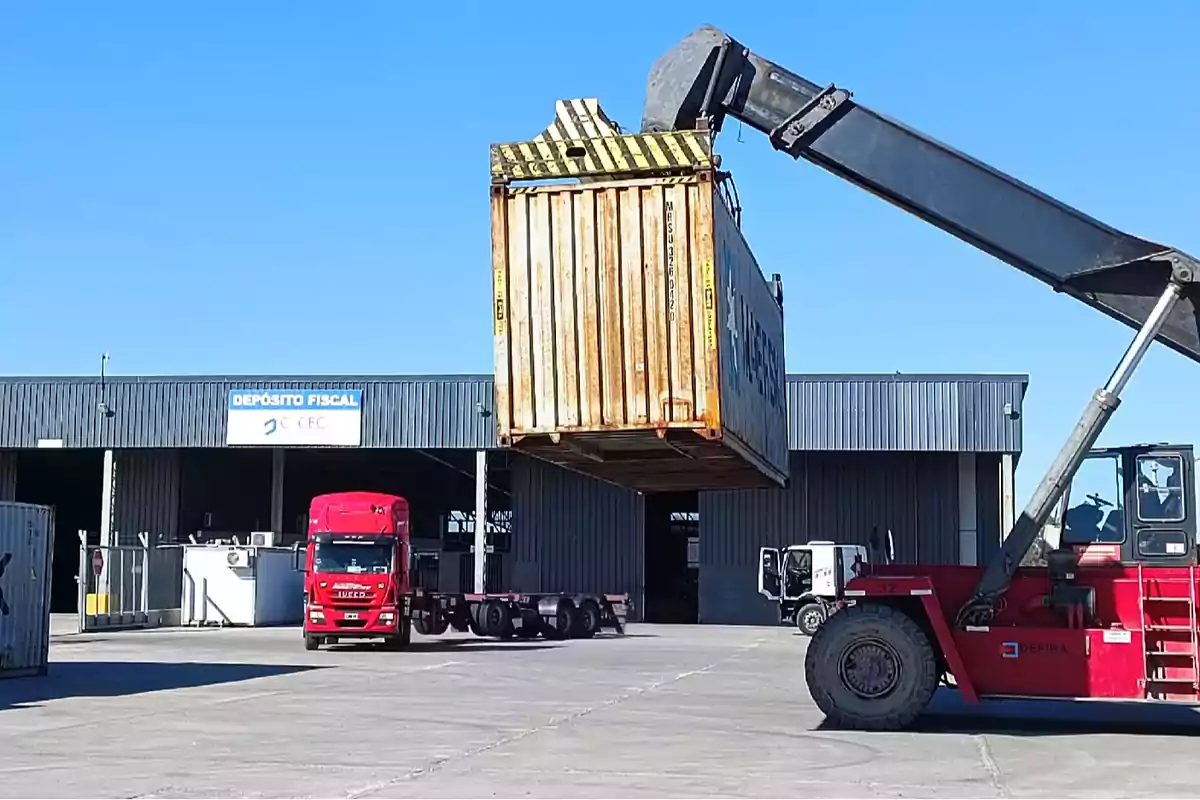
Gross Income: Llaryora announced the reduction to zero for logistics companies
The governor of Córdoba presided over the inauguration of the first Dry Port, a project promoted by CaCEC (Córdoba Chamber of Foreign Trade)
Córdoba Governor Martín Llaryoraled the inauguration of the first Dry Port, a project promoted by CaCEC (Cámara de Comercio Exterior de Córdoba), with the support of the Provincial Government through the ProCórdoba Agency.
This time, the Córdoba leader announced the reduction of Gross Income Tax to zero for companies providing air and/or maritime cargo transport services that offer companies in Córdoba a benefit in their rates.

"The new challenge is to position Córdoba as a competitive benchmark for cargo transport. For this reason, every company that grants a benefit in the air and/or maritime cargo transport rate will pay zero Gross Income Tax. With this, we seek to strengthen both the effort you are making here and what we have been working on at Taravella Airport," Governor Llaryora announced.
Both initiatives aim to improve the province's competitiveness and logistical efficiency, in addition to deepening public-private collaboration in terms of international trade.
"When a container is filled and leaves, it not only carries products, it carries the work and effort of the people of Córdoba," the Governor stated.

He added: "Countries that grow are those that create jobs. Governing also means generating employment, and it is not possible to generate jobs without private activity."
The leader valued the joint work and stated that "Córdoba once again sets, with actions like this, a path that Argentina must follow and is also a beacon for sister provinces."

Operation, scope, and benefits of the Dry Port
The Dry Port inaugurated this Monday had its kickoff in July 2024 with the signing of the agreement that gave the green light to its creation, through an agreement signed by the Governor, the president of the ProCórdoba Agency, Pablo De Chiara, and the head of the Cámara de Comercio Exterior de Córdoba (CaCEC), Miguel Zonnaras.
Located at the CaCEC Inland Port Terminal—located in the CaCEC Industrial Park—the Port presents itself as an efficient logistical solution for exporters and importers.
At the Port, empty containers are received and returned, avoiding transfers on the roads. This reduces costs, decreases road accidents and road damage, and eliminates trucks without cargo.
In addition, the impact of the carbon footprint in the entire logistics process is reduced and it allows direct dispatch to the seaport, avoiding the use of intermediate freight.
The logistics cost for exporting companies in this region of the country is one of the factors that most affects competitiveness when analyzing the operation of international trade carried out from the country's interior.
Based on this diagnosis, CaCEC developed its container terminal with the aim of avoiding unnecessary freight. This way, a virtuous response is provided to the dilemma that arises when a container must be brought from the Port of Buenos Aires—for example—to consolidate its export cargo or return it to the port when importing parts, pieces, productive inputs, among others.
The expected benefits with the brand-new Dry Port are a 25% reduction in costs associated with internal logistics of foreign trade operations for companies in Córdoba province and the region.
There is also a commitment to environmental protection, with a 50% reduction in the carbon footprint regarding foreign trade traffic with the port.
The objective will be consolidated through the reduction of unnecessary routes and the optimization of fuel use.
Objectives of Córdoba's Dry Port
Other objectives include strengthening commercial and institutional ties between CaCEC, the ProCórdoba Agency, foreign trade operators, and shipping companies.
Finally, the aim is to develop a technological platform that facilitates the forecasting, planning, and use of available containers at the dry port in Córdoba and its means of transport. This will allow companies to optimize their logistics operations and reduce costs.
More posts: